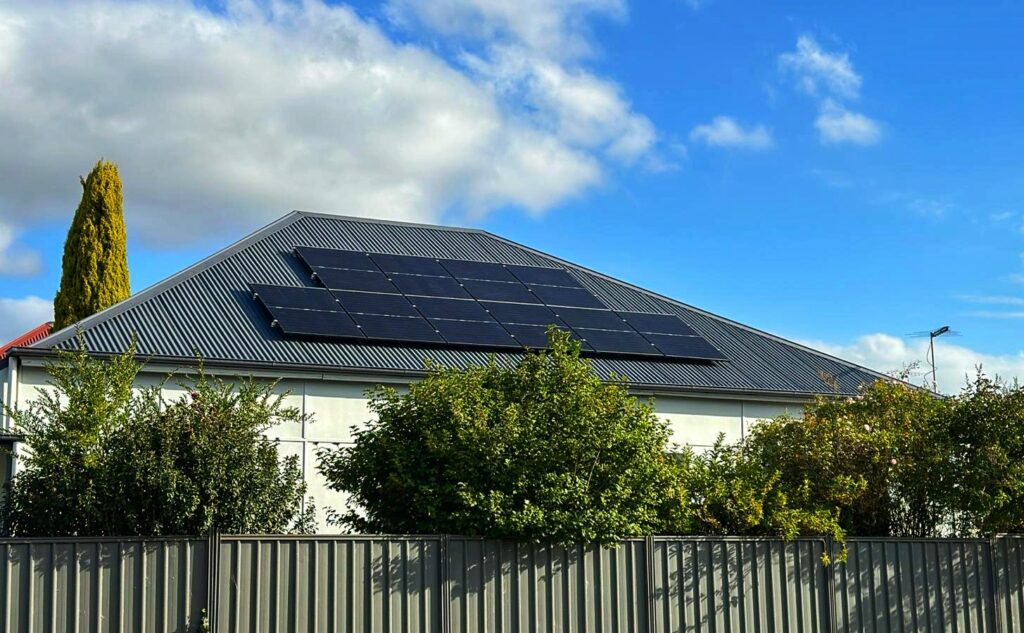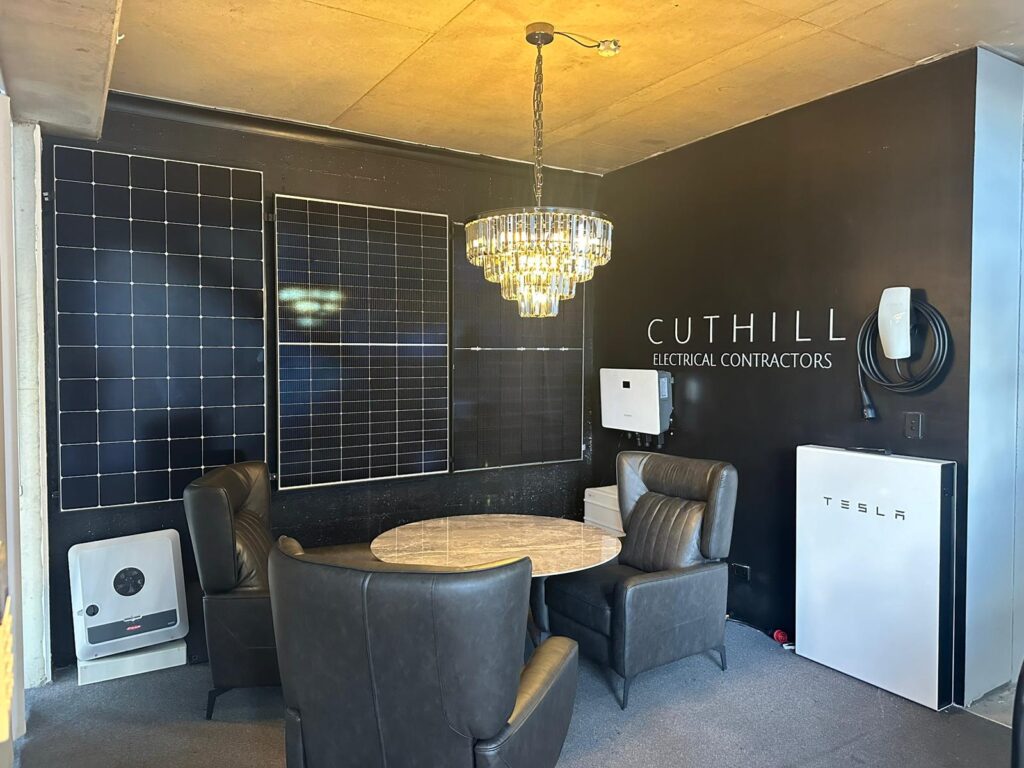The transition from Daylight Saving Time (DST) to standard time raises questions for Australian homeowners with solar panels.
Does the shift in daylight hours significantly impact solar energy production? The answer is both yes and no, depending on several factors.
Let’s break down the key elements at play.


Impact of Daylight Hours
The most apparent effect is the natural decrease in sunlight hours as we move into fall and winter. With shorter days, solar panels receive less sunlight, leading to a reduction in overall electricity generation. This decline can range from 10% to 30% depending on your location. However, it’s important to remember that solar panels are still highly efficient at capturing sunlight even during shorter days. Modern panels are designed to function effectively under a wide range of light conditions.Shifting Peak Production Times
While daylight hours decrease, the timing of peak solar production also changes. During DST, the peak generation often occurs later in the afternoon, potentially coinciding with lower household energy use. With standard time, the peak generation might shift earlier in the day, potentially better aligning with morning energy demands for appliances and heating/cooling systems. This shift can be beneficial for some homeowners, particularly those with time-of-use billing plans where electricity rates fluctuate throughout the day. By generating power during peak demand hours, solar panel owners can maximize their energy savings.Location Matters
The geographic location significantly influences how much DST affects solar efficiency. Areas closer to the equator experience less dramatic changes in daylight hours throughout the year. Conversely, regions further north or south will see a more substantial difference in sunlight availability between summer and winter. For instance, a homeowner in Florida might experience a smaller decrease in solar production compared to someone residing in Maine during the winter months.Energy Consumption Patterns
The impact of DST on a solar power system also hinges on individual energy consumption habits. Homes that use more electricity during daylight hours, like those with electric vehicles or pool pumps, may benefit more from the extended daylight of DST. On the other hand, households with significant evening energy use, such as for lighting and entertainment, might see a greater advantage with the earlier peak production under standard time.Battery Storage Considerations
Battery storage systems can significantly mitigate the effects of reduced daylight hours on solar efficiency. By storing excess energy generated during peak production times, homeowners can utilize that power later in the day when solar production is lower. This approach allows for greater energy independence from the grid, especially during the winter months when sunlight availability is limited. However, the cost-effectiveness of battery storage depends on various factors, including system size, local electricity rates, and homeowner needs.
Financial Implications
While the end of DST can lead to a decrease in solar energy production, it’s crucial to consider the overall impact on electricity bills. Even with reduced generation, solar panels will likely still offset a significant portion of your energy needs, resulting in cost savings. The financial benefit of solar power during the winter can be further enhanced by implementing energy-saving measures at home. This includes using LED lighting, lowering thermostat settings, and employing energy-efficient appliances.Conclusion
The end of Daylight Saving Time has a moderate impact on solar panel efficiency. While there will be a natural decrease in electricity generation due to shorter daylight hours, the overall benefits of solar power remain significant. By understanding how location, energy consumption patterns, and battery storage options influence solar production, homeowners can effectively manage their expectations and maximize their solar power system’s potential throughout the year.Cuthill Electrical Contractors: Optimising Your Solar Power for Every Season
At Cuthill Electrical, we are a leading provider of solar panel installation and maintenance services. We understand the impact of seasonal changes on solar energy production and can help you optimise your system for year-round efficiency. Contact Cuthill Electrical Contractors Today for a Free Consultation and Quote! We offer comprehensive consultations to assess your home’s energy needs and determine the best solar solution for you. Our team of experienced Level 2 electricians will then handle the entire installation process, ensuring your system is up and running smoothly.
Lorem ipsum dolor sit amet, consectetur adipiscing elit. Ut elit tellus, luctus nec ullamcorper mattis, pulvinar dapibus leo.







